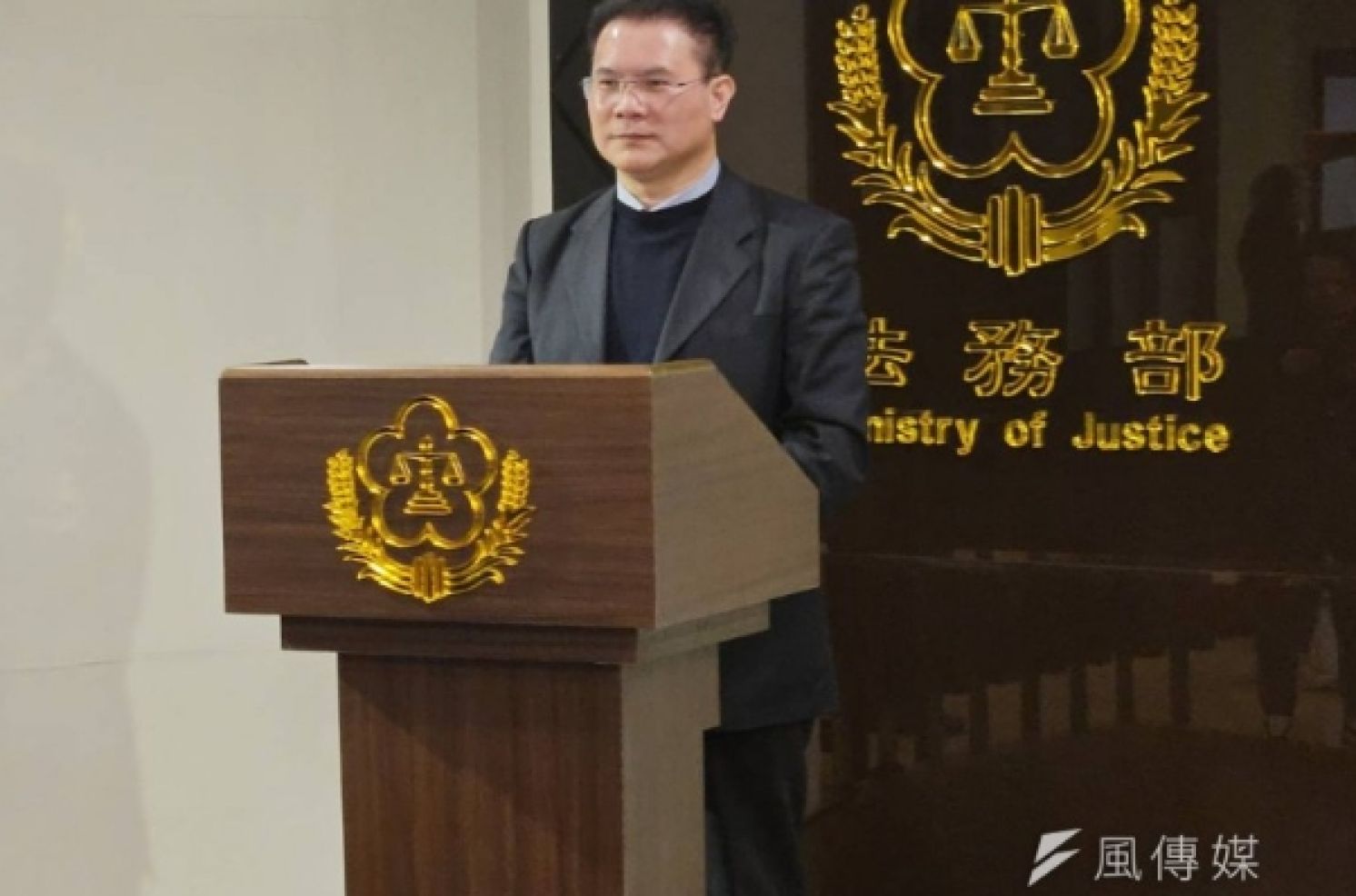
In Light of Backlash Against Abolition, President Lai Executes Death Penalty for the First Time
United Daily News Commentary, January 17, 2025
President Lai Ching-te, eight months into his tenure, carried out the first execution of his presidency yesterday. This appears to counter the Constitutional Court’s controversial Interpretation No. 8 issued last year, which limited the applicability of the death penalty and was criticized as a form of “de facto abolition.” With the government’s general budget and judicial nominations repeatedly blocked by opposition parties, speculation arises that the execution was aimed at reversing the public’s highly negative perception of the anti-death penalty stance to restore the administration’s declining standing.
The Interpretation No. 8 ruling was labeled “de facto abolition” because it imposed numerous restrictions on imposing and carrying out the death penalty. Only those convicted of four specific types of murder that meet the criteria of “the most severe circumstances” and after undergoing “the strictest due legal process” can be sentenced to death—making death sentences exceedingly rare.
However, Interpretation No. 8 ultimately concluded that the death penalty remains constitutional. In face of fierce opposition party criticism and 80 percent public opinion opposed to the death penalty, Democratic Progressive Party (DPP) legislators have had to repeatedly clarify that the country has no intention of abolishing the death penalty. The existence and enforcement of capital punishment not only influence public sentiment but also reflect public grievances. The government must balance the majority’s “legal sensibilities” with the practical need for support from the European Union, which firmly opposes the death penalty. This contradiction leaves the DPP wavering between abolition and retention.
In recent years, the Supreme Court has “tried every possible way” to overturn death penalty rulings or remand cases for retrial. It even stipulated that only cases involving “direct intent” can result in death sentences. This led to public outrage when the Supreme Court commuted the sentence of arsonist Tang Ching-hua, who was originally sentenced to death four times for killing six people, to life imprisonment. Following Interpretation No. 8, only two cases have involved death sentences: the execution of Huang Lin-kai and the sentencing of Liang Yu-zhi to death for raping and strangling a Malaysian student over four years ago. Liang’s case, upheld by the Kaohsiung Branch Court of the Taiwan High Court on January 15, became the first to maintain a death penalty ruling post-constitutional interpretation. The Supreme Court’s decision on whether to finalize this ruling remains to be seen.
During the presidential election debates last year, President Lai’s stance on the death penalty was ambiguous. Following yesterday’s execution, both the presidential office and the DPP have maintained a low profile. However, DPP insiders noted that, given strong public support for the death penalty, neither former President Tsai Ing-wen nor President Lai has ever expressed support for abolition. Their approach of “governing according to the law” reflects their response to public opinion.
After years of the death penalty existing in name only, the Ministry of Justice’s decision to resume execution yesterday provided minimal solace to victims’ families, demonstrated a basic sense of fairness and justice, and somewhat alleviated public discontent. It also sent a clear message to the public: “The nation still enforces the death penalty.”
From: https://udn.com/news/story/124340/8495621
〈Back to Taiwan Weekly Newsletter〉